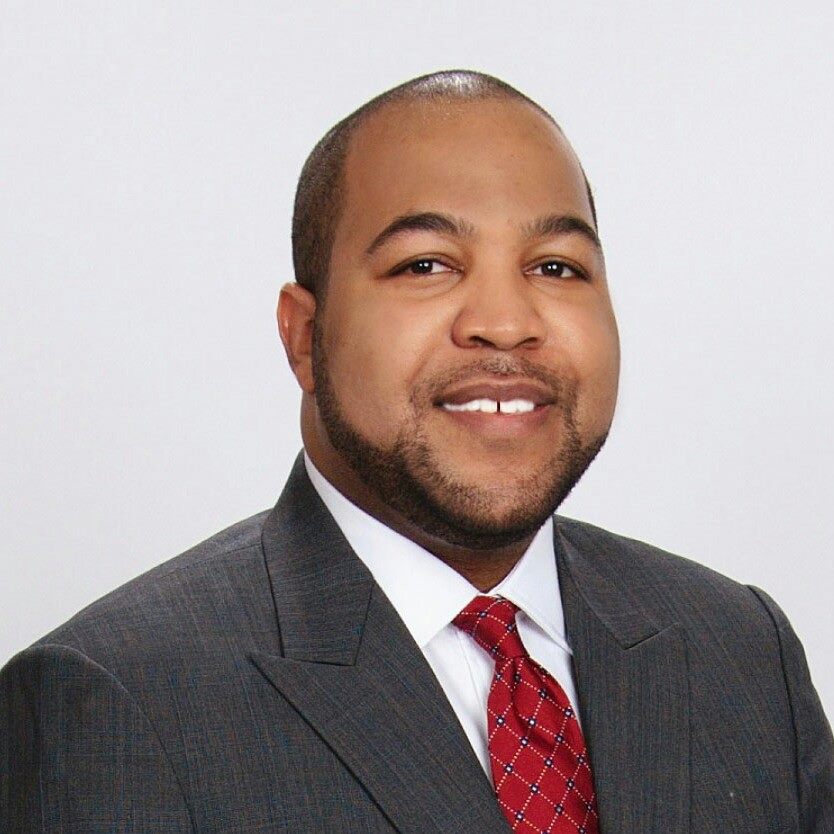Turning the page without closing the book
In my December editorials, I usually reflect on the previous twelve months and find some point to move towards for the next year. December 31, 2019 not only marks the end of 2019 but also the end of the 2010s. We are not only turning the page on a year but closing the chapter on a decade. Ten years ago, we were basking in the hope of the Obama presidency and making tentative comebacks from the Great Recession. Now as the decade ends, we are faced with the third impeachment of a President in the history of the United States. And while the global economy has recovered from the Great Recession, African American communities are still reeling from foreclosures and debt burdens and the economic gains from the last two decades are stalled—if not reversing.
As we open the chapter on the 2020s, we are faced with numerous challenges that are percolating throughout news media. The world’s climate is clearly changing due to global warming. The United States student loan system is saddling generations with unsustainable debt burdens. Xenophobia and nativist rhetoric have infected politics in countries from Brazil to the United Kingdom to India. Looming over all these issues is the specter of Donald Trump. Even if he is unseated in 2020, the damage of the Trump administration to the global standing of the United States and its domestic institutions is widespread and will take years to recover from.
When we turn our gaze to the AME Church, the decade of the 2010s was filled with landmark events. We collectively celebrated the bicentennial of the founding the AME Church as a denomination with great pomp and circumstance. After decades of effort, our founder Bishop Richard Allen was commemorated on an official postage stamp of the United States Postal Service. In 2015, our hearts were collectively broken with the callous murder of nine members of Mother Emanuel in Charleston, South Carolina. We still grieve their loss and mourn with their families and the survivors. As the decade closes, we stared down another credible threat to attack Bethel in Gainesville, Georgia.
It is fitting that the decade of the 2020s for the AME Church begins with a General Conference. The last of the Bishops elected in 2000 will retire and we now are facing the mass retirement of clergy from the “Baby Boomer” generation. They were not only key voices within the church structure but also shaped and molded our influence in both secular and ecclesiastical circles at large. As we venture into the 2020s, who will emerge as the leaders molding and guiding African Methodism? The 2020 Census will show demographic shifts in the United States reflecting urban gentrification and general moves of African Americans from northern to southern states. How will the AME Church respond as churches established during the Great Migration empty out and the demographic map of African Americans realigns? During the 2020s, we will have to make key decisions regarding the future of our educational institutions and the status of Districts 14-20 in the Connectional Church.
At the local level, as our congregations age, what will happen to our worship culture as our musicians change—or disappear altogether? How can we be a welcoming environment to all while protecting our churches given consistent and clear threats? As you read this editorial, think about the people who are the heartbeat of your local congregation and how that picture will look in 2029.
What will the next ten years bring to African Methodism? The only sure answer is “change”. As we turn the page to begin the 2020-2029 chapter in the life of our denomination, we must ensure that the book continues to remain open.





